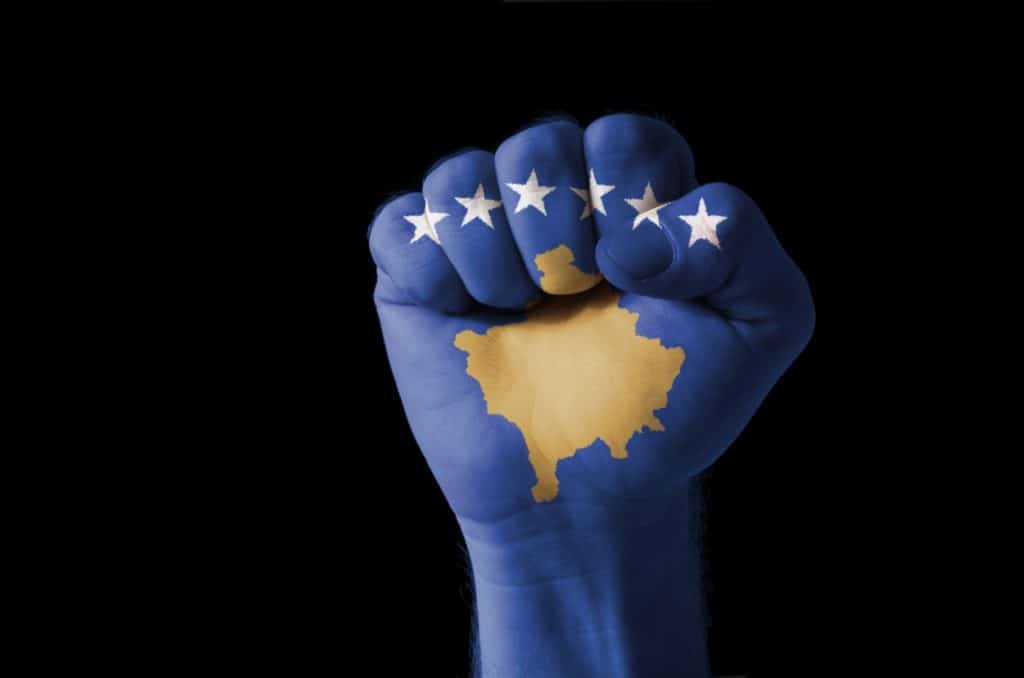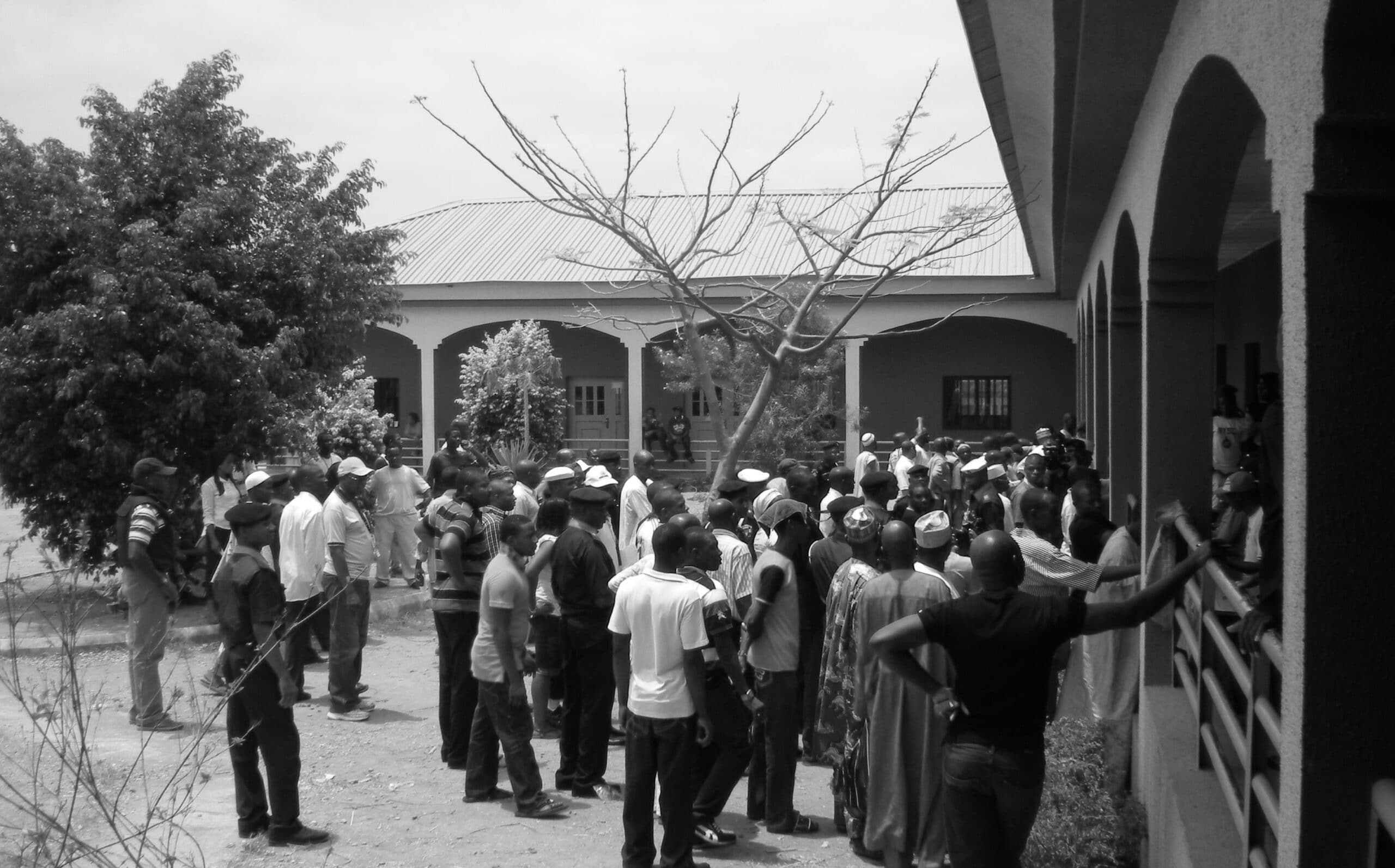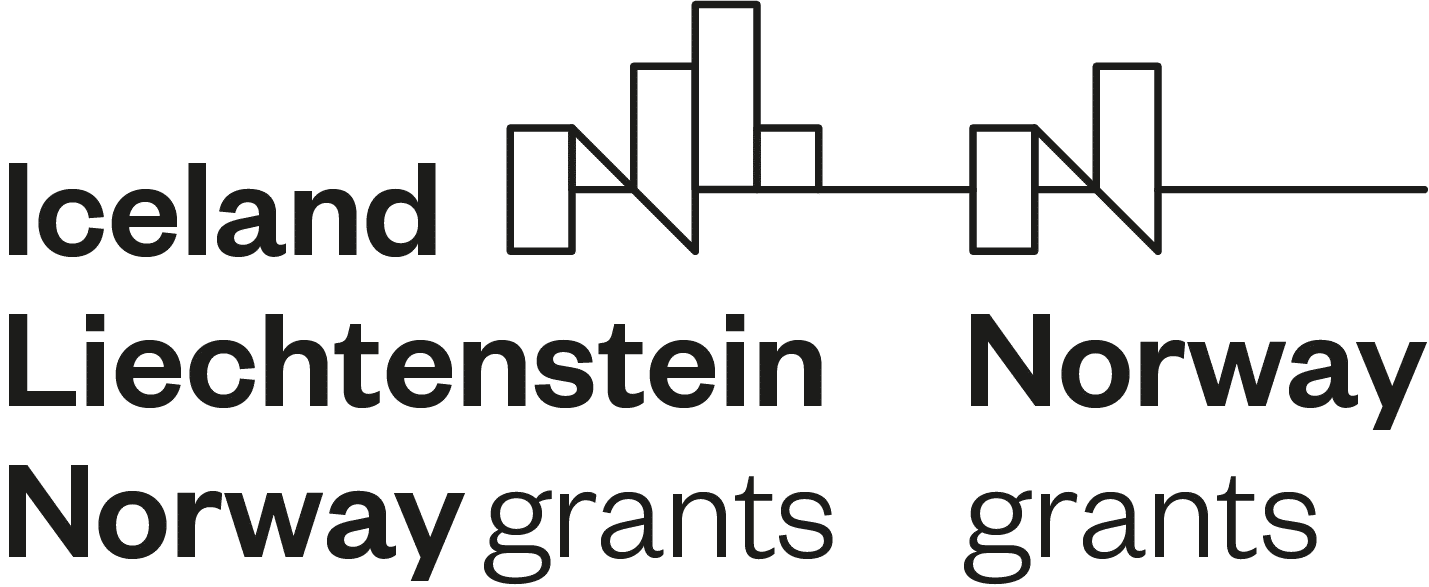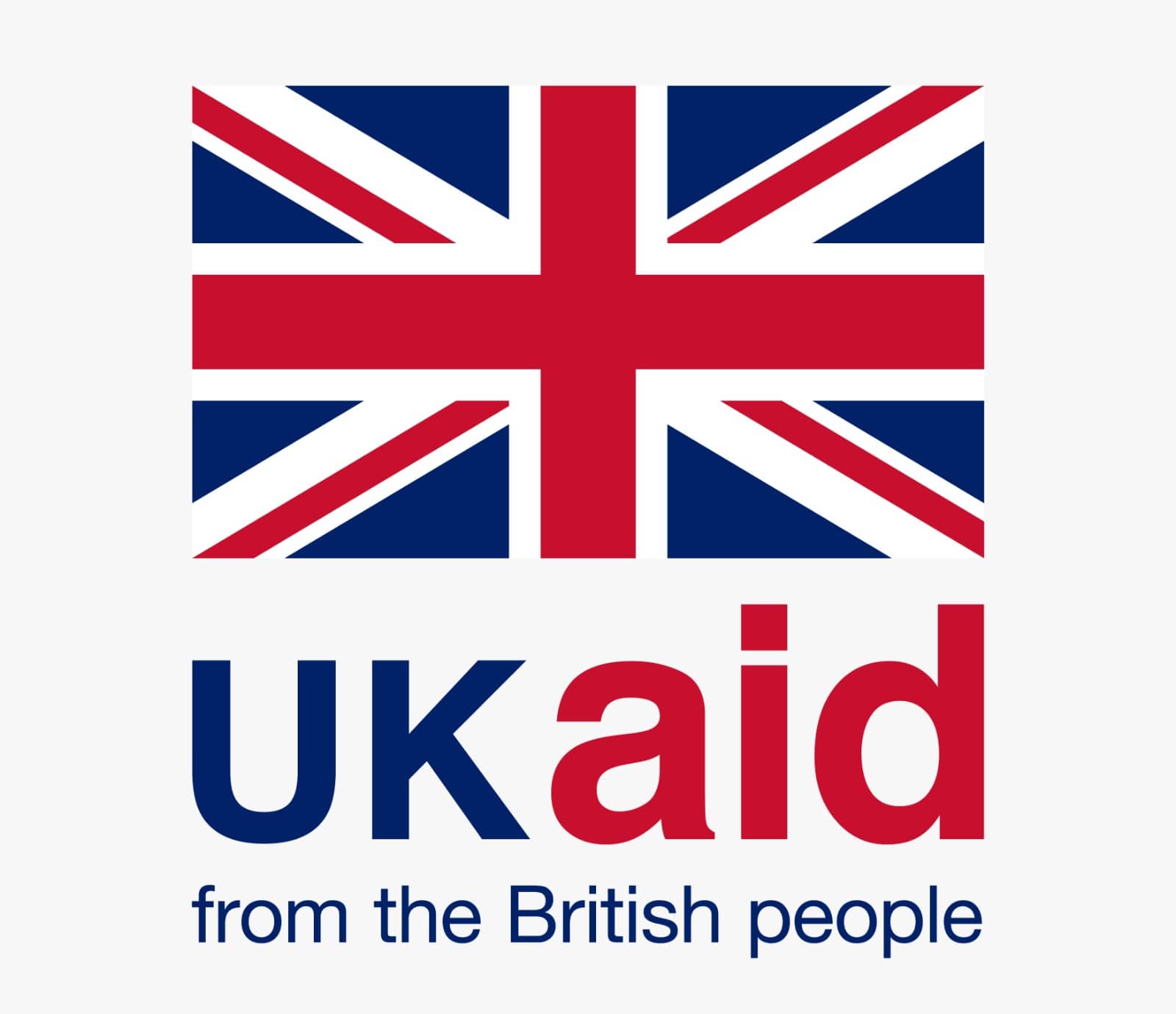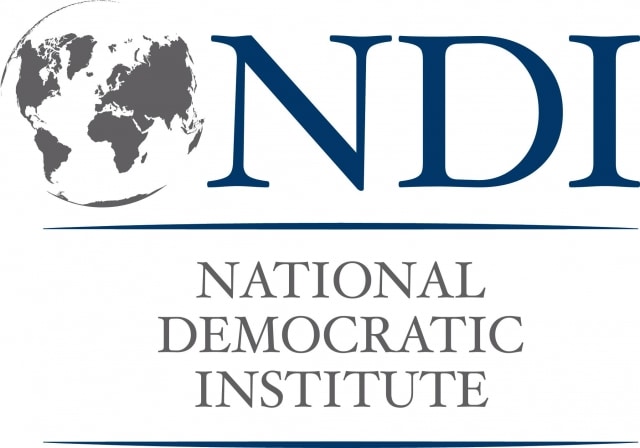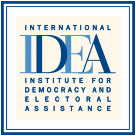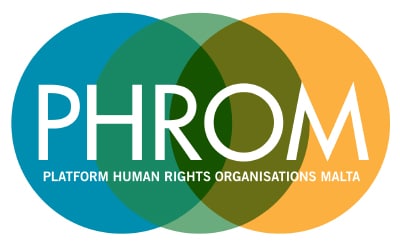Libya: a cautiously optimistic first step to stability
Divisions emerged between groups of Libyans during the revolution, and continued unabated since. The earliest were between the conservative Muslim Brotherhood and the significantly western-leaning economic liberal political actors, many of whom come from the diaspora. This set the tone for what has often, and erroneously, been characterized as a conflict between the Islamists and the Liberals. While there is some element of truth, the labels are not always accurately or honestly applied. Conservative Islamic political actors often like to brand opponents as liberals to taint them as pro-alcohol and question their religious commitment. While the economic liberals like to taint their opponents with the Islamic extremist brush. Nonetheless, this early rivalry set the stage for the talks taking place now.
Regardless of economic or social policy espoused by either group, each maintained close connections with armed militias, often using their force as protection from political, tribal, or criminal rivals. Militias adopted the bias of their political allies, and discord between militias followed. Zintani forces for example, were early hailed for their efforts to fight Gaddafi and securing a number of state properties during and after the revolution, most notably Tripoli International Airport. Perhaps realizing the economic benefit of holding particular properties they appeared reluctant to move out, earning the animus of neighbors. Tripoli based militias also “secured” a number of strategic government assets, but they and residents viewed these efforts as civic duty – though they also likely realized an economic benefit from their properties.
Zintani Militias however were largely viewed as outsiders in Tripoli – even though significant numbers of their members were from Tripoli. Tripolitanians increasingly grew angry and frustrated with outside militias who operated on the margins of the law and government direction. This came bursting to the fore in November 2013 when peaceful civilian demonstrators confronted a Misurata militia for their involvement in a reckless downtown shoot-out a week earlier. Protestors were fired on and in the intense fighting that followed, tens of people were killed and injured. The message was clear – Militias must disband, and a proper state security apparatus must be established. This threat to armed groups propelled their consolidation of power in an increasingly tense time.
Complicating the already strained period are a series of inter-communal conflicts. Since the end of the revolution there has been ongoing tribal and community fighting in the Nafusa Mountains between the Arab communities and the Amazighe communities. In Kufra and the Fezzan Tebu, Touareg and Arab communities have been in constant conflict. In central Libya, Sirte and Bani Walid have been in constant turmoil and state of conflict.
While these divisions have occupied the minds of Libyans over time, extremist militants left unchecked have violently seized communities and the entire city of Derna. From this vantage, terrorist groups like Ansar Al Sharia have grown their criminal tentacles and have, allegedly, been involved in numerous assassinations – not only of military or police targets, but peaceful civil society and human rights activists. Hours after casting her vote for the House of Representatives elections on June 25th, renown activist and human rights lawyer Salwa Bughaigis was brutally murdered, allegedly, by the Ansar Al Sharia fighters she witnessed and photographed in her neighborhood, shortly before her death.
In June, and purportedly fed up with the inability of the state to exercise any measure of effective security, retired Libyan General Khalifa Haftar began a military campaign against “Islamists” in Benghazi and Eastern Libya. This second attempt was more successful than his first attempt launched on Valentine’s Day in 2014. Haftar’s Operation Dignity was ostensibly targeting Islamic extremists but was also in direct opposition to the Muslim Brotherhood and their dominance of the General National Congress (GNC), which Haftar claimed was contributing directly, as well as indirectly, to the increasing lawlessness and rise of terrorist organizations. Operation Dignity, and the irresponsibly wide net cast on “opponents” triggered an all out escalation of many low level conflicts that had been ongoing since the beginning of the revolution.
Listing the GNC as a target, Haftar’s allies in Tripoli – predominantly Zintani forces – took license to attack. As a result many GNC and pro-Muslim Botherhood elements in the West and Misurata took this as a line that had been crossed and did not back down. Out of spite they refused to recognize the House of Representatives (HoR) elected in June, refused to recognize any government that took its mandate from the HoR, and mobilized against the allies of the Operation Dignity even giving their coalition the moniker Libya Dawn. Without the ability to flex its muscles, the newly elected HoR had to relocate their operations in the Eastern city of Tobruk – establishing the new parliament there, while former elements of the GNC continued working from Tripoli, even electing their own government headed by Omar al-Hassi and seizing government ministries.
While the Libya Dawn faction has not sought international recognition for the legitimacy of their “government” or representative body, they have effectively captured Libya’s capital city and driven out Haftar’s allies. This situation is, however, not sustainable, making the talks begun on September 29th critically important. While the grievances and hardened feelings are deep, it is unlikely that much will result from this first meeting – though an important first step in bringing the conflicting parties together.
For the time being things have stabilized somewhat in Tripoli – too many Misuratan commercial interests are at stake for prolonged fighting, and Tripoli Militias have asserted their dominance with the assistance of their powerful allies from Misurata. Importantly for the long-term success of the talks, parties have to deal with weighty issues. In particular, the Political Isolation Law passed in May 2013 strips a large number of Libyans’ political rights – if they served in a position of authority in the Libyan government from 1969 to the fall of Gaddafi they are barred from political or public office for a period of ten years. While there needs to be effort to identify and prosecute those who committed crimes during the Gaddafi era, the law precludes many qualified people, several who contributed a great deal in winning international support and intervention during the revolution.
Ultimately, Libyans attending the talks, if they are serious about finding a resolution, need to be willing to make compromise and find a common ground for moving forward. More importantly they need to reach out to the various parties currently engaged in fighting. The current constant state of conflict, low level or otherwise, is not sustainable for a unified country. The Efforts taken by the United Nations to bring the parties together is a critically important step, if even a cautious, baby step.
Frank Talbot, Principal, Talbot Advisory International, LLC


